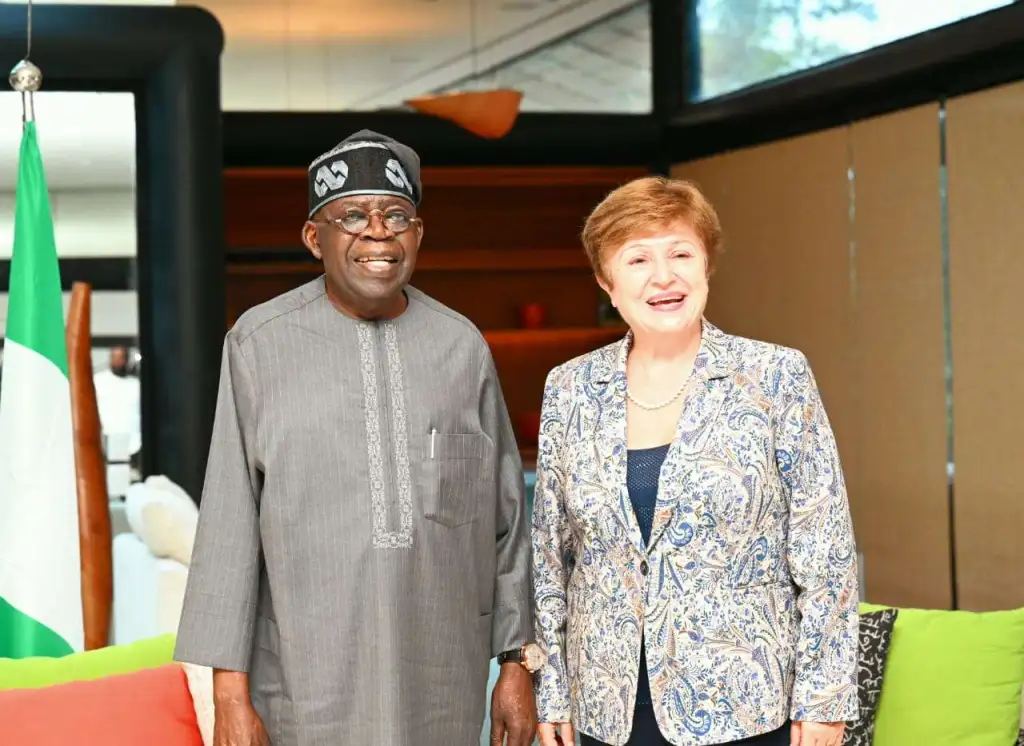/ News
Views: 503
IMF cautions Nigeria on prudent Spending amid Fiscal Reforms

The International Monetary Fund (IMF) has advised the Nigerian government to spend more prudently in light of recent economic reforms that have improved revenue generation.
Speaking during a fiscal monitor press briefing at the ongoing 2025 IMF/World Bank Spring Meetings in Washington D.C., Vitor Gaspar, Director of the IMF’s Fiscal Affairs Department, emphasized the urgent need for countries like Nigeria to build fiscal buffers and act decisively amid mounting economic pressures.
Gaspar noted that policymakers around the world are facing difficult decisions and complex trade-offs, making it critical to establish trust through sound fiscal practices. He stressed that governments must begin by putting their fiscal houses in order, especially in a global landscape that continues to challenge the resilience of individual economies and the wider financial system.
He explained that fiscal policy should not operate in isolation but function as part of a broader economic plan. Gaspar highlighted the need for strategies that reduce public debt, rebuild fiscal space, and support long-term growth through credible medium-term frameworks. He added that fiscal policy must instill confidence and help create a competitive economy capable of delivering inclusive prosperity. According to him, ministers of finance must “build trust, tax fairly, spend wisely and take the long term.”
In his remarks, Davide Furceri, the IMF’s Nigerian Division Chief in the Fiscal Affairs Department, acknowledged the tough reforms implemented by Nigeria to improve its fiscal position. While commending the progress made, he emphasized the importance of directing fiscal savings toward efficient and impactful spending.
Furceri said Nigeria needs to improve revenue mobilization and focus its expenditures on priority sectors such as social protection and infrastructure. He acknowledged the pressure governments face in meeting urgent spending demands but warned that every naira must be spent with greater efficiency and stronger prioritization.
He also stressed the importance of robust fiscal institutions, stating that medium-term fiscal frameworks and effective public financial management systems are essential to economic stability. Furceri concluded that sound fiscal policy should help guide necessary adjustments and reduce uncertainty, serving as a source of stability rather than volatility.